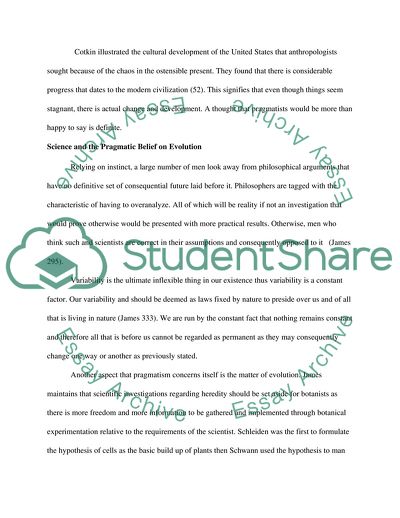Cite this document
(Relationship Between Science and Pragmatism Case Study, n.d.)
Relationship Between Science and Pragmatism Case Study. https://studentshare.org/science/1721615-what-was-the-relationship-between-science-democracy-and-pragmatism
Relationship Between Science and Pragmatism Case Study. https://studentshare.org/science/1721615-what-was-the-relationship-between-science-democracy-and-pragmatism
(Relationship Between Science and Pragmatism Case Study)
Relationship Between Science and Pragmatism Case Study. https://studentshare.org/science/1721615-what-was-the-relationship-between-science-democracy-and-pragmatism.
Relationship Between Science and Pragmatism Case Study. https://studentshare.org/science/1721615-what-was-the-relationship-between-science-democracy-and-pragmatism.
“Relationship Between Science and Pragmatism Case Study”. https://studentshare.org/science/1721615-what-was-the-relationship-between-science-democracy-and-pragmatism.


